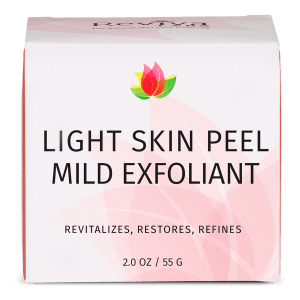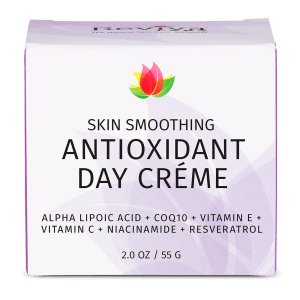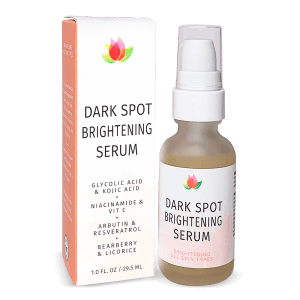Ingredients, Natural, Reviva Labs
The Appeal of Matte Skin
In recent years, the beauty and skincare industry has seen a significant shift in consumer preferences, with matte skin becoming a coveted aesthetic for many. This trend is not merely about fashion; it resonates deeply with cultural and individual perceptions of beauty.
Matte skin, characterized by its smooth, even texture and lack of shine, offers a clean, refined look that many find appealing. Unlike dewy skin, which often reflects light and can appear oily, matte skin provides a subtle elegance that enhances facial features without additional gloss. This preference can be partly attributed to the practical benefits of matte skin, which includes less maintenance in terms of managing shine throughout the day and often a better base for makeup application.
The attraction to matte skin can also be linked to its performance in photographs and under harsh lighting where shiny skin might not fare as well. In a survey by Statista in 2021, it was found that 45% of respondents preferred a matte finish on their skin when taking photos for social media. This statistic underlines the growing relevance of matte skin in our increasingly digital lives.
Skin Type Considerations
Understanding different skin types is essential when discussing matte skin. Not everyone’s skin can naturally maintain a matte finish, especially those with oily or combination skin types. For these individuals, achieving and maintaining matte skin might require more effort and the use of specific skincare products that control oil and reduce shine.
On the other hand, those with dry skin might find it challenging to achieve a matte appearance without exacerbating dryness or flakiness. Thus, it’s crucial for consumers to know their skin type and use appropriate skincare products that help achieve a matte look while maintaining skin health. Moisturizers, primers, and mattifying powders are commonly used to create a matte finish, but it’s important to choose products that do not clog pores or lead to skin irritation.
In a survey by Statista in 2021, it was found that 45% of respondents preferred a matte finish on their skin when taking photos for social media.
Cultural and Social Influences
Cultural and social factors also play a significant role in the desirability of matte skin. In some cultures, matte skin is associated with professionalism and seriousness, making it a preferred look in business and formal settings. This perception could stem from the idea that matte skin looks cleaner and less distracting, thus more suitable for professional environments.
In contrast, social settings might lean towards a more natural or dewy skin appearance, particularly in casual or youthful gatherings. However, the preference for matte skin in professional contexts speaks to its versatility and ability to adapt to different social expectations and norms.
Psychological Impact of Skin Appearance
The psychological impact of skin appearance cannot be underestimated. People often feel more confident and self-assured when their skin looks good by their standards. For many, having matte skin means having control over their appearance, which can be empowering. This control extends to managing how they are perceived by others, which is crucial in personal and professional interactions.
Moreover, the effort put into achieving matte skin, through skincare routines and makeup, can also be a form of self-care, providing a psychological boost. This routine can help individuals feel prepared for the day, reinforcing a sense of readiness and confidence.
The Role of Skincare Products
The skincare industry has responded to the demand for matte skin by developing a wide range of products aimed at helping consumers achieve this look. From mattifying moisturizers and foundations to setting powders and sprays, these products are designed to reduce shine and provide a long-lasting matte finish.
It’s important for consumers to choose products that not only help them achieve their desired aesthetic but also maintain the health of their skin. Ingredients like salicylic acid, which helps control oil production, and niacinamide, known for its anti-inflammatory properties, are beneficial in products targeting oily skin that prefers a matte finish.
Balancing Aesthetics and Health
While the aesthetics of matte skin are important, balancing these with skin health is crucial. Overuse of mattifying products can sometimes lead to skin issues such as dryness, irritation, or even acne. Therefore, it’s important for individuals to not overuse products and to incorporate nourishing ingredients into their skincare routine.
Proper skincare involves not just the pursuit of a certain aesthetic but also the maintenance of skin health. Products that offer hydration and protection from environmental stressors should be part of any skincare regimen, regardless of the desired finish.
A Trend Towards Matte Skin
The popularity of matte skin reflects a broader trend towards minimalism and control in beauty standards. As the beauty industry continues to evolve, the preference for matte skin highlights the dynamic nature of aesthetic trends. Whether through makeup or skincare, achieving a matte finish is within reach for many, but it’s important to remember the balance between appearance and skin health. For those who prefer matte skin, the market offers numerous solutions to help maintain this look while ensuring that skin remains healthy and vibrant.










